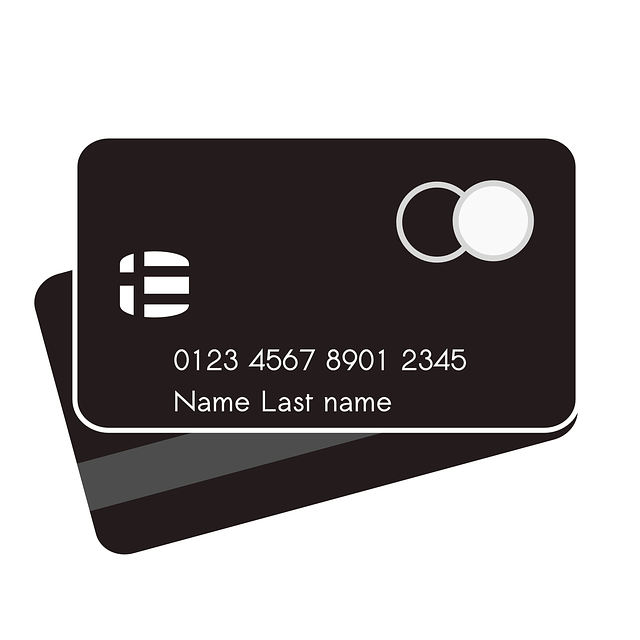When seeking equipment loans, choosing a lender from financial institutions with an established reputation is crucial for a seamless experience. Reputable lenders offer prompt funding, flexible terms, and excellent support, fostering long-term relationships. Evaluate their reputation through low default rates and high client satisfaction scores, examine case studies and testimonials, and review customer feedback to make informed decisions. Verifying licenses and insurance demonstrates adherence to regulations and safeguards against risks. Compare financial institutions specializing in equipment financing with flexible terms and transparent conditions for a reliable partner built on trust and stability.
When seeking equipment loans, evaluating lender reputation is paramount. This comprehensive guide explores the crucial role of financial institution credibility in securing successful funding for your business. We dissect key metrics for assessing legitimacy, delve into tracking a lender’s performance history and customer testimonials, and highlight the importance of regulatory compliance. By comparing multiple financial institutions strategically, you can make an informed decision, ensuring a robust and reliable lending partnership.
- Understanding the Importance of Lender Reputation in Equipment Loans
- Defining Key Metrics for Evaluating Financial Institutions' Credibility
- Researching a Lender's Track Record and Success Stories
- Examining Customer Reviews and Feedback for Transparency
- Verifying Licenses, Insurance, and Regulatory Compliance
- Comparing Multiple Lenders: A Strategic Approach to Decision-Making
Understanding the Importance of Lender Reputation in Equipment Loans

When it comes to securing equipment loans, choosing a lender with a strong reputation is paramount. Reputation is a testament to a financial institution’s reliability, integrity, and customer-centric approach—all crucial factors in ensuring a smooth loan process and long-term financial stability for businesses.
A well-established lender with a positive track record indicates their proficiency in managing equipment financing, including timely disbursement of funds, flexible repayment options, and responsive customer service. This reputation can offer peace of mind to borrowers, knowing they’re dealing with a trusted partner who understands the unique needs of equipment acquisition.
Defining Key Metrics for Evaluating Financial Institutions' Credibility

When evaluating a lender’s reputation for equipment loans, understanding their key metrics is crucial. Credibility and reliability are paramount in the world of finance, especially when it comes to borrowing against significant assets like equipment. Metrics such as loan default rates, client satisfaction scores, and regulatory compliance records offer valuable insights into a financial institution’s stability and trustworthiness.
Delve into these figures to assess their transparency, accuracy, and consistency over time. A lender with consistently low default rates and high customer approval ratings indicates a robust track record and stronger commitment to fulfilling their obligations. Conversely, red flags may arise if there’s a history of significant defaults or consistent negative client feedback, suggesting potential risks in doing business with them.
Researching a Lender's Track Record and Success Stories

When evaluating a lender for equipment loans, one of the most critical aspects is researching their track record and success stories. Reputable financial institutions often have a wealth of information available that can give you insight into their lending practices, customer satisfaction levels, and the types of businesses they’ve successfully supported. Look for case studies or testimonials from previous clients who have used equipment loans to grow their operations.
These narratives can provide valuable context about the lender’s ability to deliver on promises, manage the loan process efficiently, and provide exceptional customer service. By examining both positive outcomes and any challenges customers faced—and how they were resolved—you gain a clearer picture of what to expect when working with a particular financial institution. This in-depth research is essential for making an informed decision that aligns with your business needs and ensures long-term success.
Examining Customer Reviews and Feedback for Transparency

When evaluating a lender’s reputation for equipment loans, customer reviews and feedback are invaluable assets. Transparency from financial institutions is crucial in understanding client experiences and the quality of services provided. By delving into online platforms and forums, potential borrowers can gain insights into lenders’ track records, their communication styles, and how they handle loan processes.
Positive reviews often highlight fair interest rates, flexible terms, and efficient customer support, indicating a trustworthy lender. Conversely, negative feedback can reveal hidden fees, opaque terms, or poor service interactions, warning signs that prospective borrowers should look out for. These reviews provide a holistic view of the lender’s reputation, helping individuals make informed decisions when seeking equipment financing.
Verifying Licenses, Insurance, and Regulatory Compliance

When evaluating a lender’s reputation for equipment loans, one of the most critical aspects is verifying their licenses, insurance, and regulatory compliance. Lenders operating within the financial institutions sector are subject to stringent regulations designed to protect borrowers. Reputable lenders will hold valid, up-to-date licenses from relevant authorities, demonstrating their adherence to legal requirements.
Moreover, comprehensive insurance coverage is a non-negotiable for any lender you consider. This includes liability insurance and property insurance specific to equipment financing, ensuring that both the borrower and the lender are protected against potential risks and losses associated with the loan. Demonstrated compliance with these standards is a strong indicator of a financial institution’s reliability and integrity in the equipment lending sector.
Comparing Multiple Lenders: A Strategic Approach to Decision-Making

When evaluating equipment loans, comparing multiple lenders is a strategic approach that can save you time and money. It involves meticulous research to identify financial institutions with robust reputations in this sector. Look for lenders who specialize in equipment financing, have a proven track record of successful transactions, and offer flexible terms tailored to your needs.
Consider asking for references from existing clients, checking online reviews, and analyzing their transparency in revealing interest rates, fees, and repayment conditions. This comprehensive approach ensures you partner with a reputable lender, fostering a mutually beneficial relationship built on trust and financial stability.






